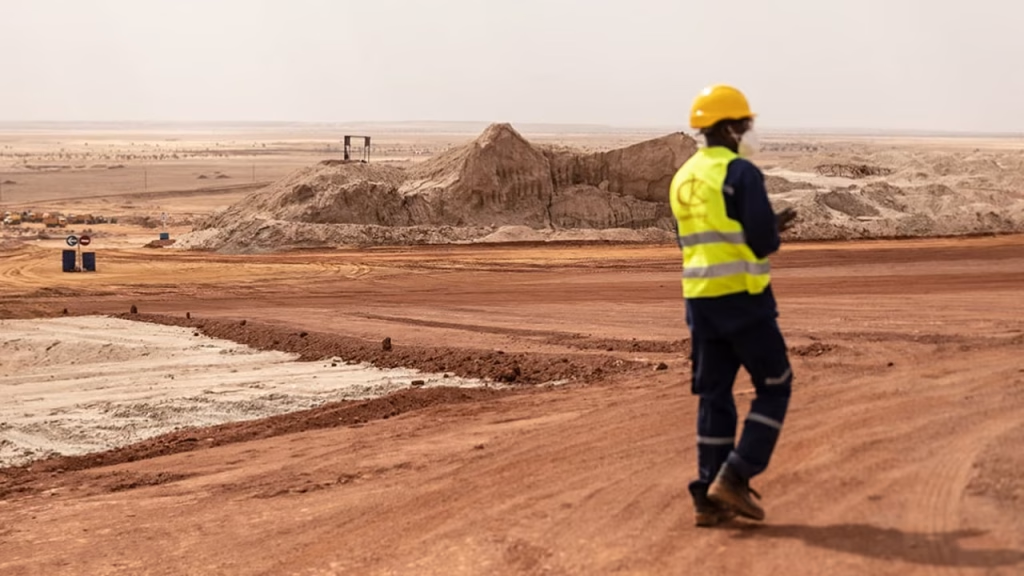Africa’s copper industry surged to new heights in 2024, becoming the continent’s second most valuable export commodity after crude oil, with a total trade value of $35 billion. However, the sector remains dominated by just a handful of countries, with the top ten nations accounting for a staggering 98% of the continent’s copper export earnings.
The Democratic Republic of Congo (DRC) emerged as the continent’s undisputed leader, exporting $19.8 billion worth of copper. Its major buyers include China, the UAE, Egypt, Singapore, and the United States — underscoring the country’s central role in meeting global demand for the metal.
Zambia followed as the second-largest exporter with $7.6 billion in copper exports, mainly destined for Switzerland, China, the UAE, and India. Other significant contributors included Tanzania ($2.2 billion), Congo-Brazzaville ($1.3 billion), and South Africa ($1.1 billion), all of which counted China among their top destinations.
The top 10 copper-exporting countries in Africa for 2024 were:
- Democratic Republic of Congo – $19.8 billion
- Zambia – $7.6 billion
- Tanzania – $2.2 billion
- Congo-Brazzaville – $1.3 billion
- South Africa – $1.1 billion
- Libya – $913 million
- Egypt – $905 million
- Namibia – $429 million
- Morocco – $376 million
- Nigeria – $366 million
Together, these countries represent Africa’s 15.3% share of global copper exports. Despite the continent’s vast mineral reserves, experts continue to highlight the missed opportunities from exporting largely unprocessed raw materials. Most refining and value-added production still occurs outside Africa, limiting local economic benefits.
As global demand for copper increases — driven by the electric vehicle boom and clean energy infrastructure — industry observers say African nations must shift toward domestic processing and manufacturing to maximize profits, generate jobs, and move up the industrial value chain.
Whether the continent remains a supplier of raw materials or rises to become a key player in the global production ecosystem remains a critical question for Africa’s future.



